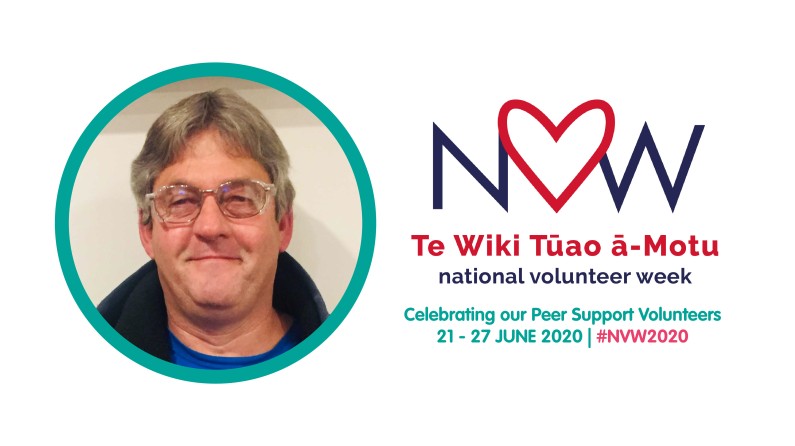Peer Support Volunteer Interview with Eugene Ferreira - Te Wiki Tūao ā-Motu | National Volunteer Week

How long have you been a Peer Support Volunteer and what does your role as a volunteer include?
I have been a Peer Support Volunteer for just over a year. It involves supporting amputees in mental health and to help them get in a better head pace of what is coming their way. Also supporting them through phone support. It is important to keep phone communication going to make sure they are safe at home and in a good head space. If possible, face to face can take place. It is not just the amputee that needs support, it is also their partner too.
Why did you want to become a Peer Support Volunteer?
I want to help people on their journey. Personally, I feel it is better if amputees are supported from other amputees. You know what you are talking about, what the person is going through and what is coming their way. You get connection between the two people and you can share the difference and your experience.
What is the most rewarding experience you've had as a Peer Support Volunteer?
I have seen amputees can move on with their life and they know it is not the end of the world.
How do you think amputees have benefited the most from receiving peer support?
It gives them security, understanding and trust that helps them move on.
If you had any advice for people thinking about becoming a peer support volunteer, what would it be?
If you want to become a Peer Support Volunteer, you are not just helping other people out, you are also helping yourself out too. You can share what feelings you are going through with one another. You may find information from the person you are supporting that you were not aware of. This could help you too. You get a lot of satisfaction from helping someone out.
Back

